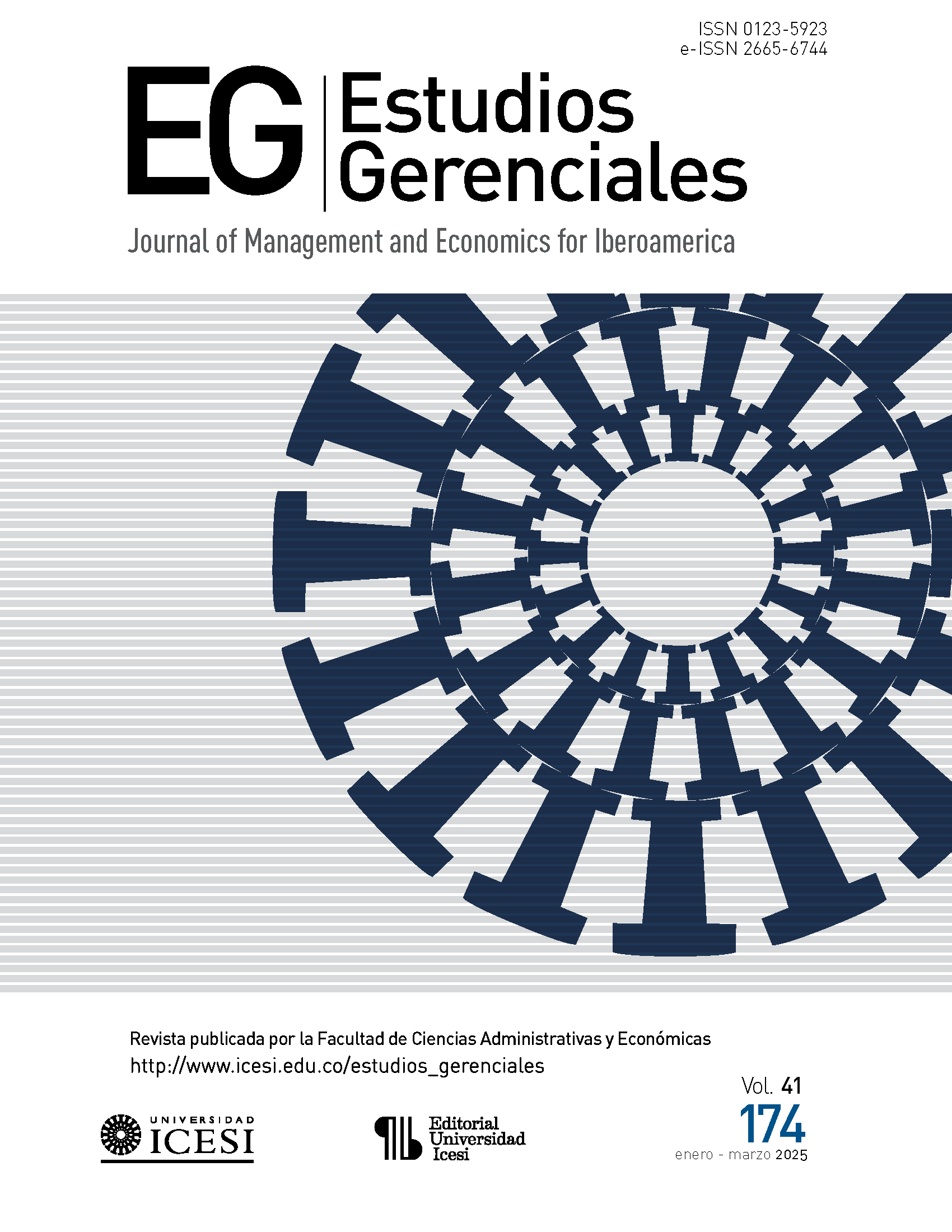Perceived Variability and Process Performance: Evidence from Service Professionals in Brazil and Portugal
DOI:
https://doi.org/10.18046/j.estger.2025.174.6790Keywords:
operations management, learning, capacity management, scenario-based experiment, process flow measuresAbstract
This study aimed to identify how service operations managers perceive the effects of task duration variability and activity pooling on key performance indicators such as flow time, queue length, perceived service quality, and customer satisfaction. A scenario-based experiment was conducted with 229 professionals working in service operations in Brazil and Portugal. Participants evaluated fictional processes with varying levels of variability (low vs. high) and task allocation formats (specialized vs. pooled). All scenarios were validated through computer simulations prior to the experiment. The results reveal a gap between analytical models in the literature and managerial perceptions. While queuing theory associates increased variability with performance deterioration, respondents frequently attributed positive effects to higher variability and activity pooling, especially in relation to perceived quality. The study contributes by uncovering managerial interpretations that diverge from established operations management principles, suggesting the need for greater integration between analytical approaches and service-oriented perspectives. From a practical standpoint, the findings underscore the importance of strengthening managerial training in process analysis and promoting the use of computational tools as support for decision-making in complex service operations.
Downloads
Downloads
Published
Issue
Section
License
Copyright (c) 2025 Estudios Gerenciales

This work is licensed under a Creative Commons Attribution 4.0 International License.
Articles are the sole responsibility of their authors, and will not compromise Icesi’s University principles or policies nor those of the Editorial Board of the journal Estudios Gerenciales. Authors authorize and accept the transfer of all rights to the journal, both for its print and electronic publication. After an article is published, it may be reproduced without previous permission of the author or the journal but the author(s), year, title, volume, number and range of pages of the publication must be mentioned. In addition, Estudios Gerenciales must be mentioned as the source (please, refrain from using Revista Estudios Gerenciales).








